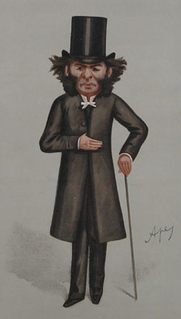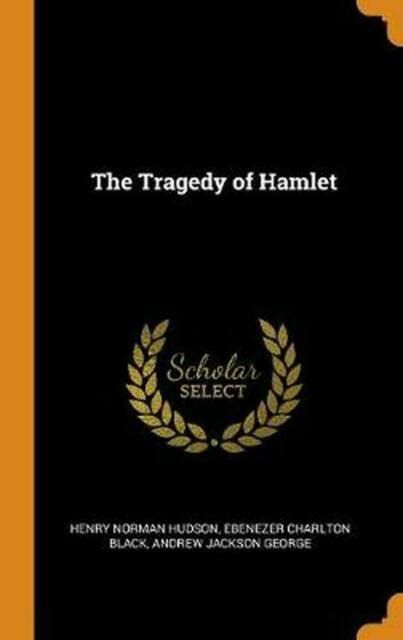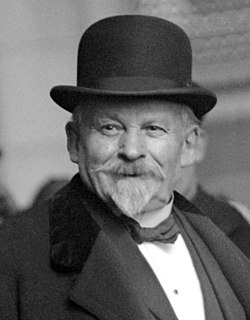A Quote by Hugh Reginald Haweis
It reveals us to ourselves, it represents those modulations and temperamental changes which escape all verbal analysis, it utters what must else remain forever unuttered and unutterable; it feeds that deep, ineradicable instinct within us of which all art is only the reverberated echo, that craving to express, through the medium of the senses, the spiritual and eternal realities which underlie them.
Related Quotes
There is in us an instinct for newness, for renewal, for a liberation of creative power. We seek to awaken in ourselves a force which really changes our lives from within. And yet the same instinct tells us that this change is a recovery of that which is deepest, most original, most personal in ourselves. To be born again is not to become somebody else, but to become ourselves.
Imagination is the organ through which the soul within us recognizes a soul without us; the spiritual eye by which the mind perceives and converses with the spiritualities of nature under her material forms; which tends to exalt even the senses into soul by discerning a soul in the objects of sense.
We too often satisfy ourselves with the perishable things of time, forgetting the opportunities we have of developing within us the great, the eternal principles of life and truth. The Lord wishes to establish a closer and more intimate relationship between Himself and us; He wishes to elevate us in the scale of being and intelligence, and this can only be done through the medium of the everlasting Gospel which is specially prepared for this purpose.
Only through art can we get outside of ourselves and know another's view of the universe which is not the same as ours and see landscapes which otherwise would remain unknown to us like the landscapes of the moon. Thanks to art, instead of seeing a single world, our own, we see it multiply until we have before us as many worlds as there are original artists.
The purpose of life seems to be to acquaint a man with himself and whatever science or art or course of action he engages in reacts upon and illuminates the recesses of his own mind. Thus friends seem to be only mirrors to draw out and explain to us ourselves; and that which draws us nearer our fellow man, is, that the deep Heart in one, answers the deep Heart in another, - that we find we have (a common Nature) - one life which runs through all individuals, and which is indeed Divine.
Although our moral conscience is a part of our consciousness, we do not feel ourselves on an equality with it. In this voice which makes itself heard only to give us orders and establish prohibitions, we cannot recognize our own voices; the very tone in which it speaks to us warns us that it expresses something within us that is not of ourselves.
The main condition is that the spiritual ear should be open to overhear and patiently take in, and the will ready to obey that testimony which, I believe, God bears in every human heart, however dull, to those great truths which the Bible reveals. This, and not logic, is the way to grow in religious knowledge, to know that the truths of religion are not shadows, but deep realities.
[T]ruly to escape Hegel involves an exact appreciation of the price we have to pay to detach ourselves from him. It assumes that we are aware of the extent to which Hegel, insidiously perhaps, is close to us; it implies a knowledge, in that which permits us to think against Hegel, of that which remains Hegelian. We have to determine the extent to which our anti-Hegelianism is possibly one of his tricks directed against us, at the end of which he stands, motionless, waiting for us.
We do not receive wisdom, we must discover it for ourselves, after a journey through the wilderness which no one else can make for us, which no one can spare us, for our wisdom is the point of view from which we come at last to regard the world. The lives that you admire, the attitudes that seem noble to you, have not been shaped by a paterfamilias or a schoolmaster, they have sprung from very different beginnings, having been influenced by evil or commonplace that prevailed round them. They represent a struggle and a victory.



































